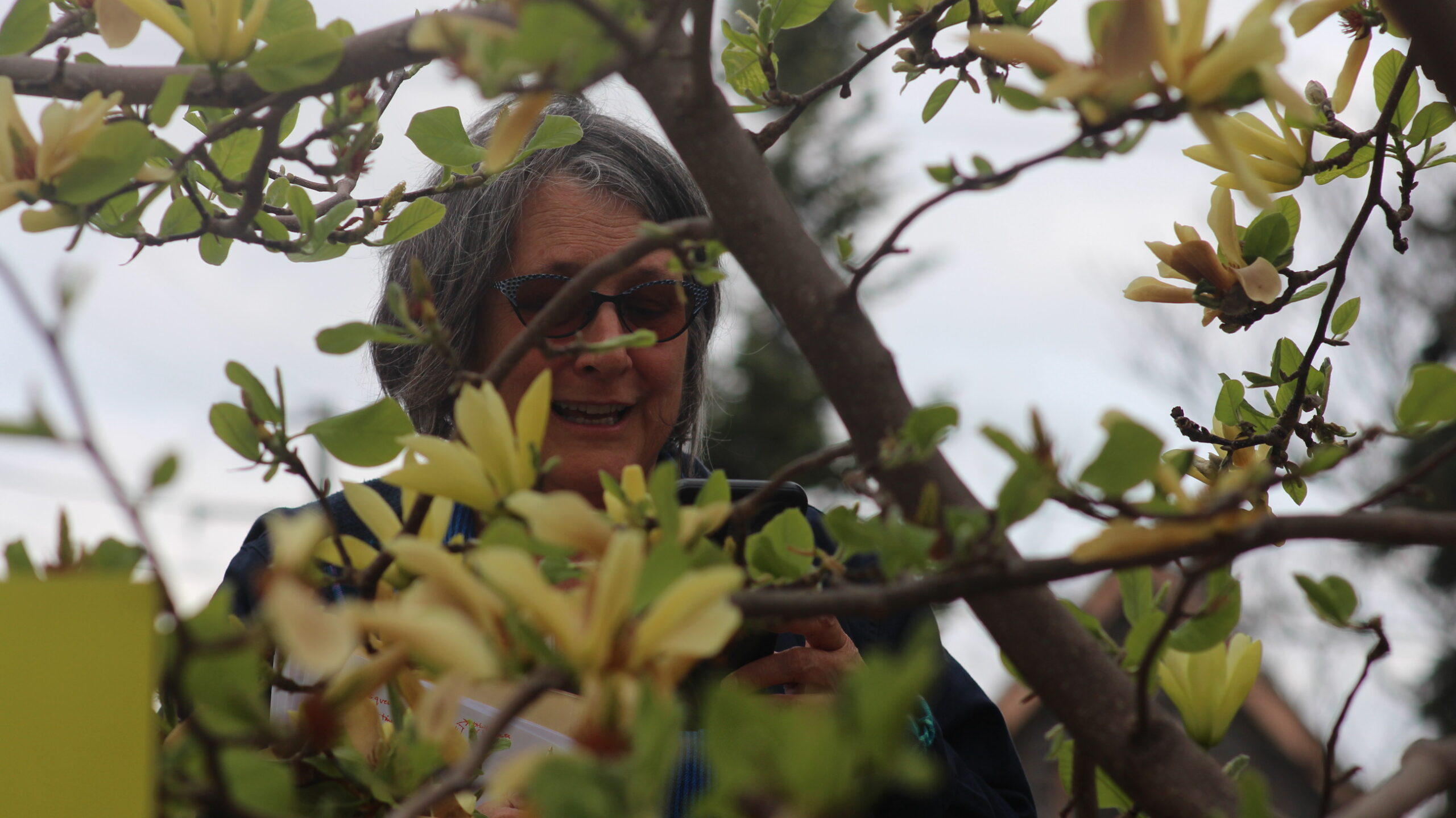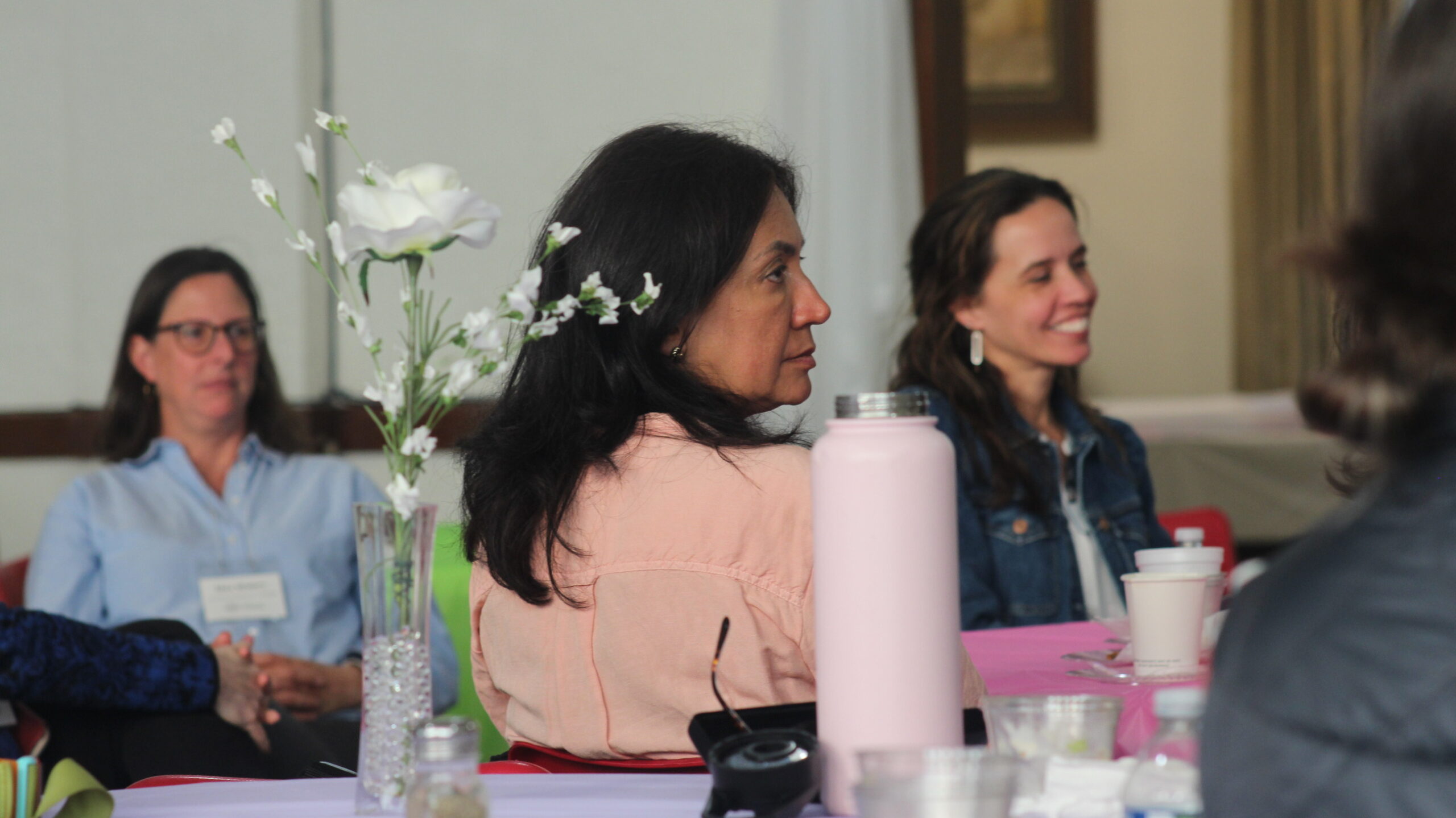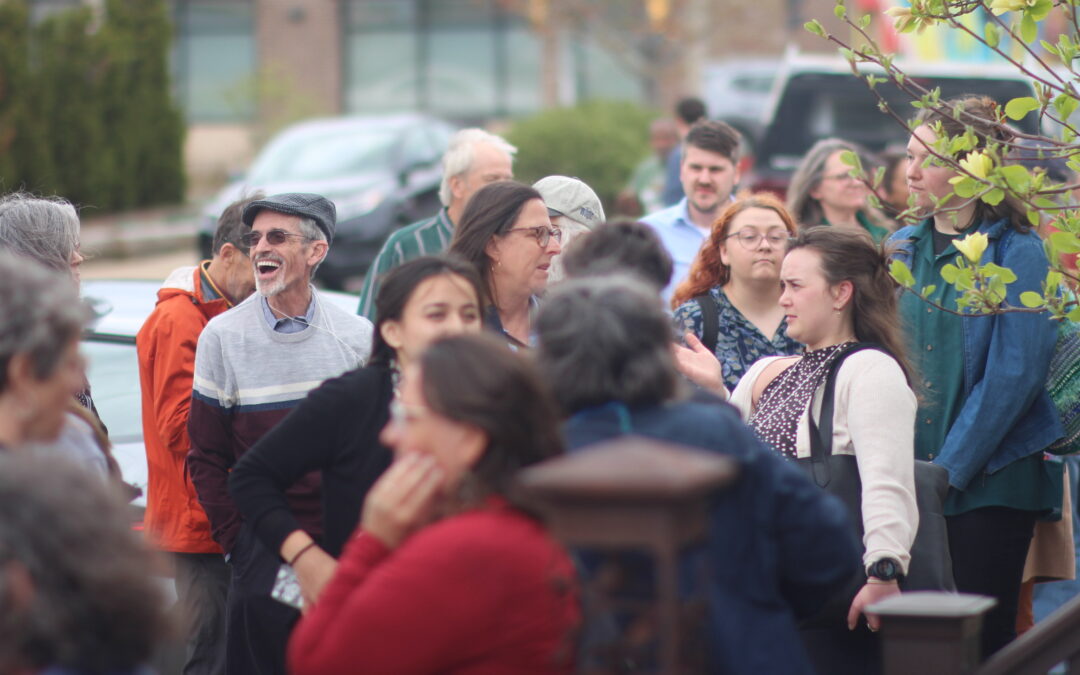On April 29 and 30, Wisconsin Climate Action Navigators (WI CAN) gathered in Milwaukee at the Wisconsin Black Historical Society for its second quarterly meeting to establish how Navigators want to engage in climate action in across the state.
WI CAN is a collective action initiative to create a network of change leaders who foster authentic community engagement to advance transformative climate action rapidly. The group, born out of the State of Wisconsin’s Office of Sustainability and Clean Energy (OSCE) identified a gap in the outreach strategies, which is how the state is authentically engaging with communities. WI CAN seeks to inform the public through balanced and objective climate-related information. The organization hopes to empower the public to participate in policy discussions to create lasting change.
This meeting introduced Wisconsin’s Comprehensive Climate Action Plan (CCAP) which leverages qualitative data produced through boots-on-the-ground interventions. WI CAN’s vision for transformative climate action explores how community engagement can lead to desired climate action and outlines how the OSCE team will analyze outcomes to quantify how climate action impacts Wisconsin communities.

As a statewide initiative, WICAN represents disadvantaged communities, individuals and organizations engaged in climate policy, experts in specific climate action sectors such as renewable energy, and prominent community leaders, like Trasus Wright and Pastor Teresa, both representing the Environmental Justice and Infrastructure Initiative (EJII). EJII and RENEW Wisconsin have been WI CAN members since its inception in January 2024. WI CAN invited EJII to represent communities of color in Milwaukee and to help ensure that their efforts are continuously grounded through an environmental justice lens.
For the quarterly meeting, WI CAN members traveled to Milwaukee’s northwest side for a resident-led tour of the Lindsay Heights neighborhood. 53205 and 53206, the zip codes that makeup Lindsay Heights are shown to be two of the poorest not only in Wisconsin but also in the country.
The rampant levels of poverty in these zip codes are due to historical disinvestment and city planning initiatives which include building a highway through the neighborhood that forced community members out of their homes.

A highlight of the meeting was a Faith Alliance Network activity at Canaan Education Center. The Faith Alliance Network is a group of Milwaukee-based churches brought together by EJII to create grassroots connections related to environmental injustices in the community. Over dinner, WI CAN members heard testimonials from members of the Neighborhood Improvement District (NID) about how Lindsay Heights continues to grow despite the lack of resources.
Personal accounts of inaccessibility to basic needs such as affordable food, housing, and electricity – and the community’s collective efforts to secure them for all residents – are part of Lindsay Height’s story and resonated with WI CAN members working and residing in the urban areas of Madison, rural members in Viroqua, and tribal members in Black River Falls.
This was an organization-wide reminder that storytelling is a way to build alliances. The programming was an inspiration for the future collaboration among WI CAN members.
In closing statements, Pastor Teresa, a local pastor and community leader thanked the group for their “willingness to learn and uplift with the Lindsay Heights community” and celebrated its new connection with the Wisconsin Climate Action Navigators and their efforts to expand state-wide.

